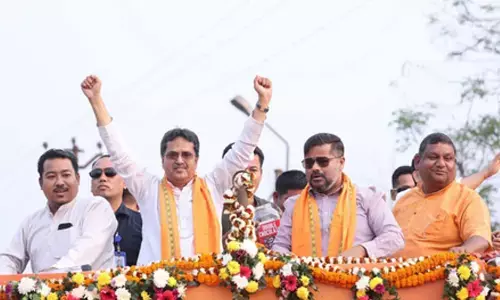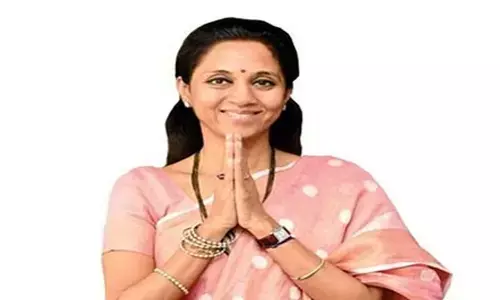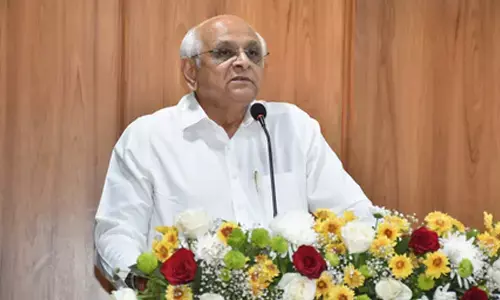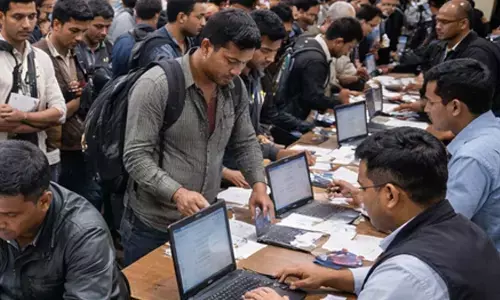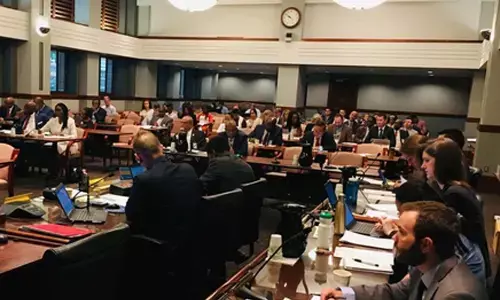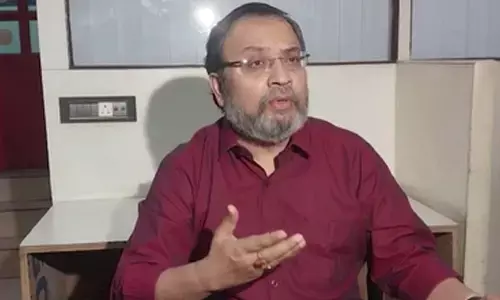Panacea for sustainable farming
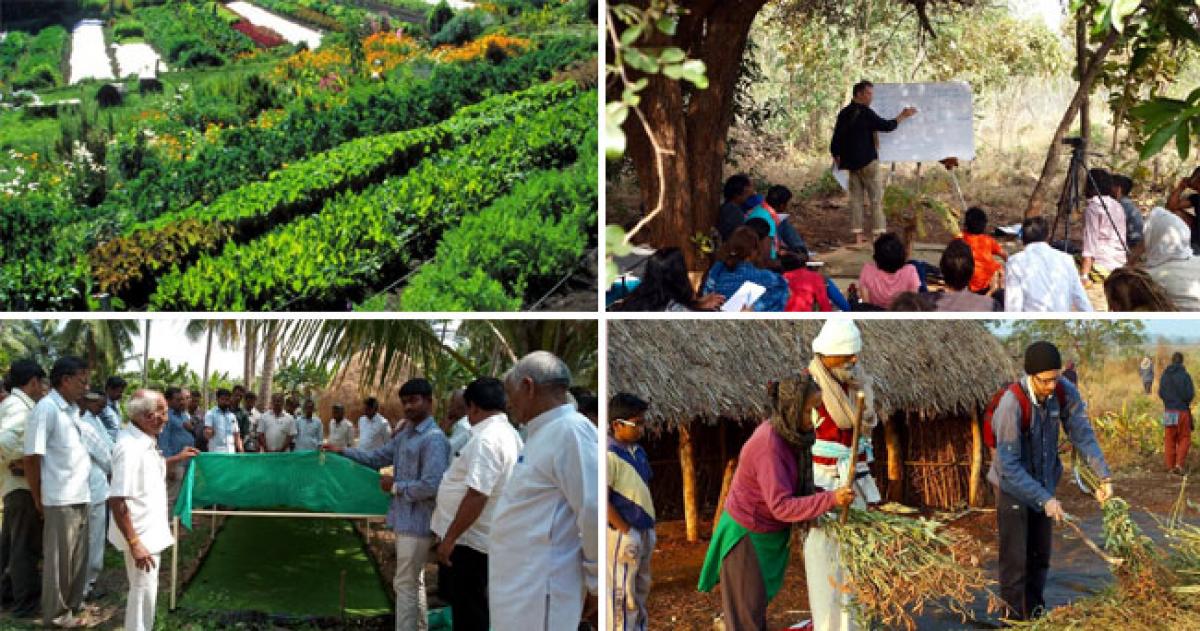
Permaculture is a system of agricultural and social design principles centered around simulating or directly utilizing the patterns and features observed in natural ecosystems. So, how is it different from conventional agriculture? Conventional farming is about monocropping – one crop, one yield. Alternatives are more about diverse yields.
Permaculture is a system of agricultural and social design principles centered around simulating or directly utilizing the patterns and features observed in natural ecosystems. So, how is it different from conventional agriculture? Conventional farming is about monocropping – one crop, one yield. Alternatives are more about diverse yields.
Production levels in both cases are not very different; it’s more time-dependent – sometimes the yield is equal, sometimes higher, and sometimes slightly lower. But in Permaculture, we look at bonuses while introducing other elements like fodder, fuel, food, perennials, bee keeping, composting.
We need to answer the needs of the farm from the system itself. When you look at the farm as a whole system, you're not making less than 30% (if you look at savings and additional income). In addition, Permaculture offers more stable systems; it is more resilient through the diversification of farming and source of income. That idea does not exist in conventional farming. In Permaculture we aim more toward self-sufficiency vs. depending on market and external inputs.
Difference between organic garming and permaculture
Organic farming’s focus/core area is only farming. It is about farming without chemicals. But other natural factors are missing in organic farming. Even in organic farming, only one approach i.e., monocropping/commercial focus is still the dominant approach. Organic farming is not for consumption but more for the market. In Permaculture, farming is an important aspect but not the only element.
Permaculture is not a technique, it is an overall approach of how you interact with and integrate all those natural systems like trees, plants, animals, diversification of food crops. These multiple integrations allow the system to be more resilient and push further the idea of sustainability. It is more about being regenerative.
Permaculture in Telangana
Telangana is almost exclusively dry land area. The most important aspects of permaculture in Telangana are water harvesting and tree planatations. Trees provide water storage systems and help keep moisture in the soil in addition to bringing harvest.
They also help convert more fallow land and waste land into greenery. Permaculture also facilitates saving seeds of all dry land karif and rabi crops like millets, pulses, oil in addition to promoting local landraces. Aranya Agricultural Alternatives is working on a lot of water management and water harvesting in Telangana. Our organization does not provide Permaculture as a whole package that farmer should take.
We let the farmer pick any element that she/he is willing to take as per their needs. For example, orchards need mulching, some other need mix planting (for pest management, for nitrogen fixing, for more resilience), some other banana circle or some composting. Not every farmer needs to have windbreak, live fence on their land. Permaculture is need-based and region-specific. It is a tool box from which anyone can pick a tool most useful and important to them.
Aranya Agricultural Alternatives focuses on one main aspect i.e. watershed management and always pushesthe farmer to go further in the solution: with the amount of water saved, what crop should the farmer grow.Aranya Agricultural Alternatives, a Hyderabad based environmental and developmental NGO is working on water management and water harvesting in Telangana. The organization does not provide Permaculture as a whole package that farmer should take. The farmer can pick any element that she/he is willing to take in accordance with their needs.
For example, orchards need mulching, some other need mix planting- for pest management, nitrogen fixing, or for more resilience. Not every farmer needs to have windbreak, live fence on their land. Permaculture is need-based and region-specific. It is a tool box from which anyone can pick a tool most useful and important to them. Aranya Agricultural Alternatives focuses on one main aspect i.e., watershed management and guides the farmer to go further in the solution, with the amount of water saved, and what crop the farmer should grow.
Aranya Agricultural Alternatives and International Permaculture Convergence Council (IPCC) and Friends of IPC (FIPC) will be hosting the 13th International Permaculture Convergence (IPC) at Hyderabad in India from November 27 – December 2, 2017. IPC India with the theme of ‘Towards Healthy Societies’. The primary objective of IPC 2017 is to provide Indian farmers an opportunity to get inspired and learn how their current challenges can be solved using permaculture principles via various Permaculture experts across the globe.
BY Narsanna Koppula


